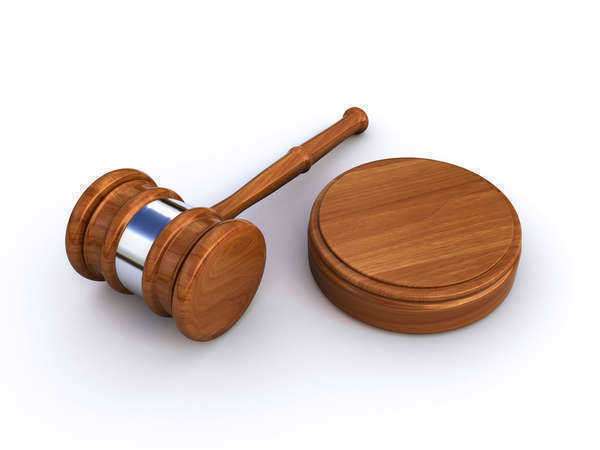Uncover the International Copyright Law Fair Use
International copyright law, as inferred by the Berne Convention of 1886, provides for certain regulations and restrictions concerning the use, copying, reproduction, or altering of copyrighted materials or works.
Furthermore, the Convention allows for the acceptance of copyrighted material on the basis that copyrights are inherited from the moment of the work's inception or production, and are not contingent on the basis of legislation or the prerequisite of registration for such recognition.
However, the Berne Convention also recognizes that under certain situations, the use of a particular copyrighted work may seem to be infringing on the protection and rights of the author or owner, yet such uses are for legitimate purposes.

These situations warranted the inclusion of exemptions and exclusions into the Convention's provision so as to allow for the necessary regulations on copyrights, while considering the allotment for the necessary access to copyrighted materials. Such exemptions paved way for the concept that is commonly referred to fair use copyright.
Fair use is a practice instituted by the United States in its copyright laws. Fair use copyright refers to the use of copyrighted material for certain situations or occasions without the proper consent of the copyright author or owner of such material. Fair use copyright applies, but is not limited to the following:
The use of copyrighted material for commentary purposes;
The use of copyrighted material for criticism purposes;
The use of copyrighted material for news reporting;
The use of copyrighted material for teaching;
The use of copyrighted material for research;
The use of copyrighted material for scholarship.
Fair use copyright law is also applied toward the use of an author's copyrighted material in another work, without having the acquired the permission for such inclusion prior, as it is protected by law. Fair use was a direct descendant of the Statute of Anne of 1709, enacted by Great Britain, which stemmed out of a case that implemented a doctrine of "fair abridgment."
Fair use was included into the United States legislation with the Copyright Act of 1976. Beforehand, the concept existed solely in the realm of common law. In Section 17 of the Copyright Act, the fair use situations or circumstances are listed, as well as a four-step test or factors to determine the case of fair use:
*The reason or purpose of use the copyrighted material, including commercial and non-educational purposes;
*The nature of the copyrighted work or material itself;
*The extent that the copyrighted work is used in terms of amount in relation to the actual copyrighted work;
Whether or not such use has an effect upon the value of the original copyrighted work.
The fair use copyright must then, after evaluation of the four factors, prove that it does not intend to surpass the original copyrighted work and such fair use if intended to improve and help the advancement of knowledge and the arts. The concept of fair use is one that solely has its origins in the United States copyright law. The Berne Convention does not mention the idea of fair use in any of its legislation concerning international copyright law.
However, the United States is not the only country to currently employ fair use copyright, for Israel is the only other nation that has recognized its applications in terms of international copyright law. The law was recently enacted into Israel copyright legislation in 2008 and is extremely similar to the structure and implementation of the concept as found under United States copyright laws.
Furthermore, the concept of fair use has also influenced other international copyright law structures, though they are not implemented under the same circumstances or factors or are not recognized completely. Canada employs the concept of fair dealing, which is not as flexible as fair use, as provided by the Canadian Copyright Act.
The concept of fair dealing delineates specific guidelines for infringement defense, rather than provide situations in which the use of copyrighted material is acceptable. Fair dealing is strictly applied to only those defenses as found in Canadian copyright laws.
Most recently, South Korea has implemented a version of the concept of fair use of copyrighted material into its legislation as of 2009. However, the fair use concept is not as widely applied through the Korean Copyright Act as is found in the United States and it is not as permissive.